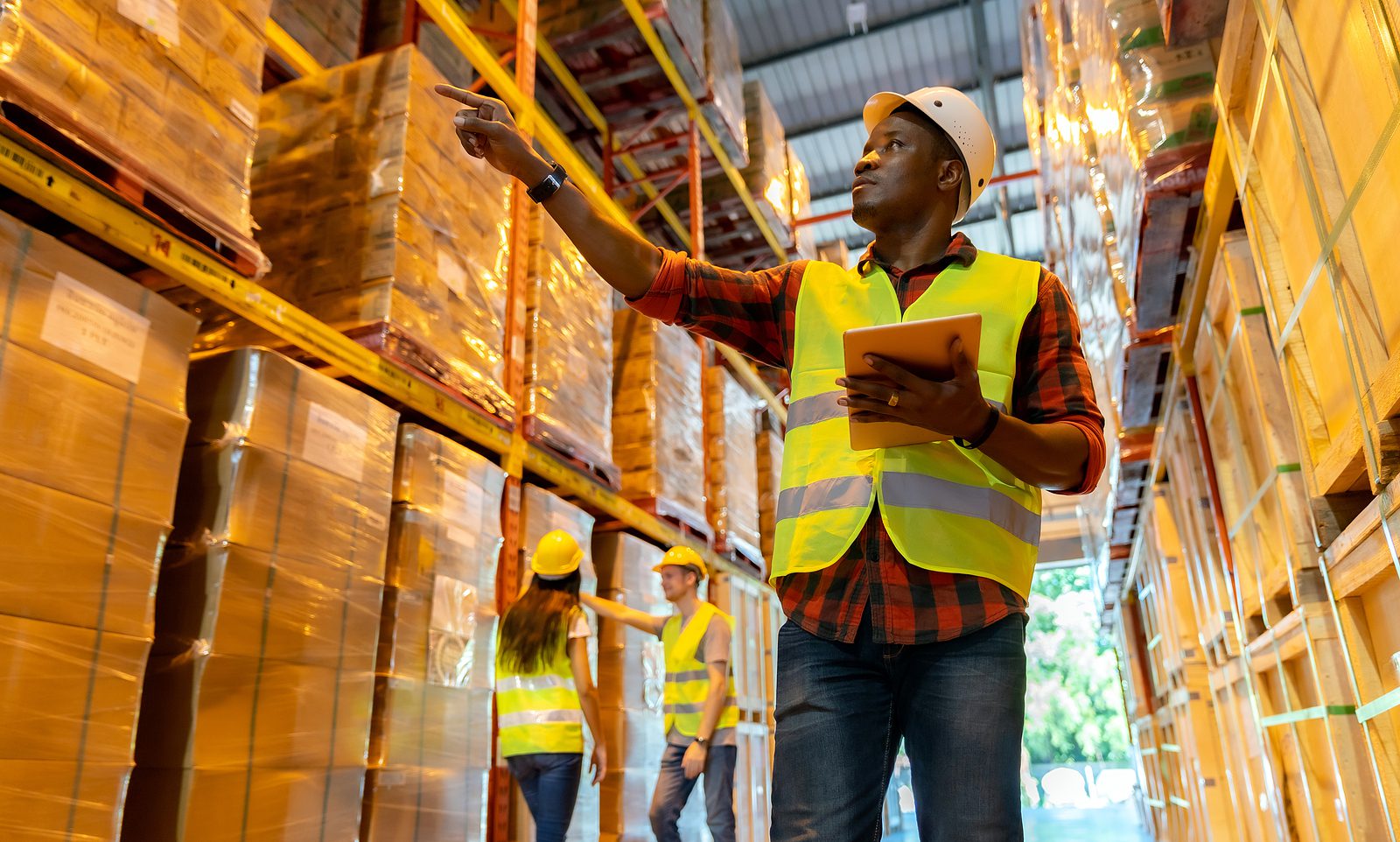By Laser 1 Technologies
Supply Chain Sustainability
Sustainability matters increasingly to consumers. Thanks to the vast amounts of information available on the internet and beyond, consumers have greater awareness and are more empowered than ever to demand evidence of high standards of sustainability and corporate social responsibility in general.
These evolving expectations can have real impacts on stock prices, corporate reputations and customer loyalty. And they’re not limited to a business’s own activities: Those expectations apply to the entire supply chain, and companies ignore this issue at their peril. The need to take these responsibilities seriously has been illustrated in high-profile events like the Deepwater Horizon spill, the Exxon Valdez, and the scandals around sweatshop manufacturing which have entangled Apple and Nike.
Not convinced? Thomasnet offers three reasons why a sustainable supply chain matters, and McKinsey & Company offers three strategies for improving supply chain sustainability.
Three Reasons Supply Chain Sustainability Makes Business Sense
1) Customers are Voting with Their Wallets
Customers are increasingly expecting retailers to provide visibility into product sourcing, material usage, and end of product life considerations. Apps are consolidating the information consumers require to make an informed decision. Examples include ethical fashion app Good On You, Shop Ethical for common supermarket brand names, and the Healthy Living App from the Environmental Working Group. Apps offer ratings for factors including labor, environmental, and animal rights practices.
2) Sustainability Ratings Impact Stock Prices
Today’s stock prices are driven by more than just financial performance. For example, JP Morgan publishes Environment, Sustainability, and Governance (ESG) ratings; The S&P500 operates an Environmental & Socially Responsible Index; and Dow Jones has Sustainability Indices. Data from these may impact stock prices, so company boards, C-suite executives, and shareholders are paying attention.
3) Supply Chains are Key to Sustainability
According to McKinsey, the supply chains of consumer businesses have bigger sustainability impact than the product itself, accounting for more than 80% of greenhouse gas emissions and more than 90% of the impact on air, land, water, biodiversity, and geological resources. So regardless of how effectively a company may clean up its own operations, true sustainability depends on supplier practices.
Three Ways to Improve Sustainability in Supply Chains, per McKinsey & Company:
(1) Locate critical issues across the whole supply chain
McKinsey advises companies to determine how natural and human resources are used throughout production, and to consider a wide range of environmental, social, and economic issues. Many organizations offer resources such as:
- The Sustainability Consortium (TSC), a nonprofit organization dedicated to improving the sustainability of consumer products, has crafted a set of performance indicators and a reporting system for over 110 consumer-product categories.
- World Wildlife Fund (WWF) has identified more than 50 performance indicators for evaluating the supply-chain risks associated with production of a range of commodities.
- The Sustainability Accounting Standards Board has developed standards to assist public companies across ten sectors, including consumer goods, in supplying investors with material information about corporate sustainability performance along the value chain.
- CDP (formerly the Carbon Discloser Project) and the Global Reporting Initiative have generated metrics and standards to compare different types of sustainability impact.
(2) Link supply-chain sustainability goals to the global sustainability agenda
Once companies know understand their supply-chain issues, they can set goals in proportion to global targets. Some pro-active suppliers set their own sustainability targets of their own, ahead of receiving mandates from customers or regulatory agencies.
(3) Assist suppliers with managing impact
Consumer companies and retailers have huge purchasing power which correlates to significant influence over their suppliers’ business practices.
A recent evolution in sustainability is for buyers to take an active role in improving their suppliers’ practices. They can use their greater resources to help suppliers design and implement sustainability programs that directly support the companies’ own goals. Examples include Campbell Soup Company, which collaborates with the Environmental Defense Fund to provide farmers with technologies, guidelines, and products which help them improve soil conservation and optimize their fertilizer use. Walmart and Unilever have both launched software tools to improve energy consumption and agricultural sustainability, respectively.
Consumers Care About Social Responsibility
Consumers are thinking about sustainability. The Pacific garbage patch, climate change, catastrophic weather events, human rights concerns, and even war and immigration are all potentially tied in with corporate social responsibility. While it’s likely that protections around these factors will increase, smart companies are getting ahead of the issue with proactive measures.




